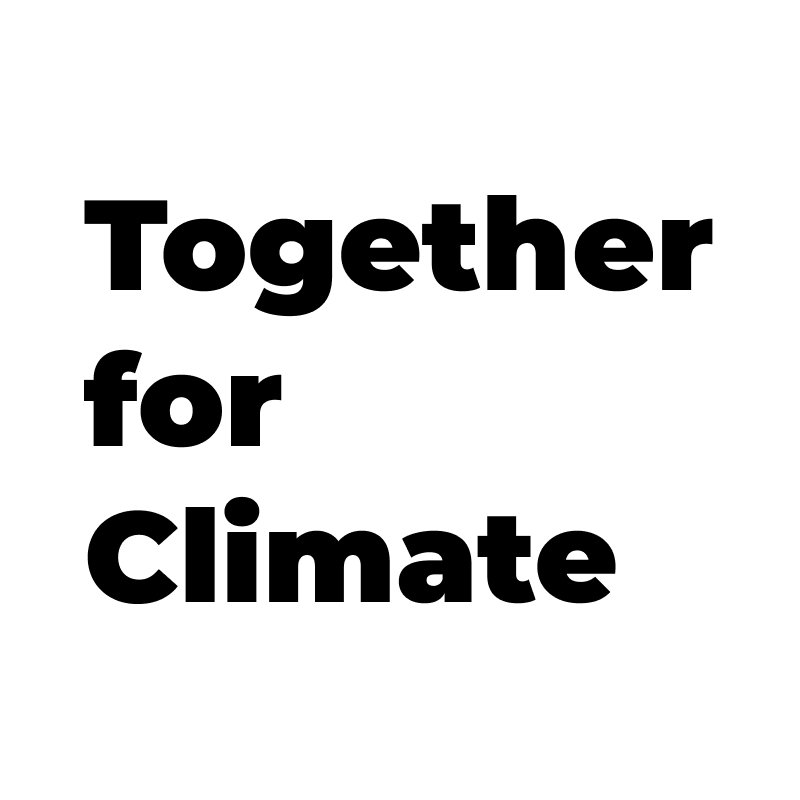"This Changes Everything: Capitalism vs. The Climate" by Naomi Klein
Naomi Klein's "This Changes Everything: Capitalism vs. The Climate" is a provocative and compelling critique of how capitalism intersects with the global climate crisis. Klein argues that the economic system, particularly neoliberal capitalism, is fundamentally at odds with efforts to combat climate change. The book, which spans an impressive range of research and firsthand journalism, presents a stark picture of the current climate dilemma alongside a radical blueprint for change. Here are the main takeaways from the book:
The Incompatibility of Capitalism and Climate Solutions: Klein’s central thesis is that the pervasive drive for growth and profit within capitalist economies inherently conflicts with the environmental limits imposed by a finite planet. The pursuit of continuous economic expansion often comes at the expense of ecological degradation. Klein posits that meaningful action on climate change necessitates a significant departure from the principles of deregulation, privatization, and austerity that have come to dominate global economics.
The Role of Corporate Power: Klein discusses the substantial influence that multinational corporations have on both economies and politics, particularly in the energy sector. These corporations, Klein argues, have a vested interest in maintaining the status quo of fossil fuel dependency. Through lobbying and funding climate change denial, they have managed to thwart significant environmental legislation and mislead the public about the realities and severity of climate change.
Impact of Free Trade: The book highlights how free trade agreements have often prioritized corporate profits over environmental and social welfare. Klein explains that these agreements enable companies to bypass national laws designed to protect the environment, thereby facilitating environmental destruction and increasing greenhouse gas emissions.
Grassroots Movements and Local Solutions: Klein emphasizes the importance of grassroots activism in driving change, citing various examples where community-led initiatives have successfully challenged large-scale industrial projects and policies detrimental to the environment. She advocates for a bottom-up approach to tackling climate change, suggesting that local and indigenous knowledge should be central in crafting solutions that are culturally and ecologically sensitive.
A Call for Systemic Change: Klein argues that addressing climate change effectively requires more than just technological solutions; it requires a fundamental transformation of societal values and economic structures. This includes rethinking our measures of success and progress, transitioning away from fossil fuels, and reorganizing political and economic systems to prioritize public good over individual profit.
Climate Debt and Equity: The book discusses the concept of "climate debt," acknowledging that wealthy industrialized nations have contributed most to climate change but are often the least affected by its immediate impacts. Klein calls for these nations to take responsibility not only by cutting emissions but also by aiding poorer nations in adapting to climate effects and transitioning to renewable energy.
Renewable Energy as a Keystone: Klein is optimistic about the potential of renewable energy technologies to replace fossil fuels. However, she insists that the transition to renewable energy must be accompanied by broader societal changes that address inequality and ensure that the benefits of renewable technologies are widely and fairly distributed.
"This Changes Everything" is both a damning indictment of the current global economic system and a rallying cry for widespread, coordinated action against climate change. Klein's compelling narrative weaves together the political, economic, and social threads of the climate crisis, presenting a comprehensive analysis of the challenge and urging a radical rethink of how humans interact with the planet. This book serves not just as a critique but also as an inspiration for advocating systemic changes to protect the environment for future generations.
If you enjoyed this summary, we encourage you to read the full book. More information about it can be found here.
